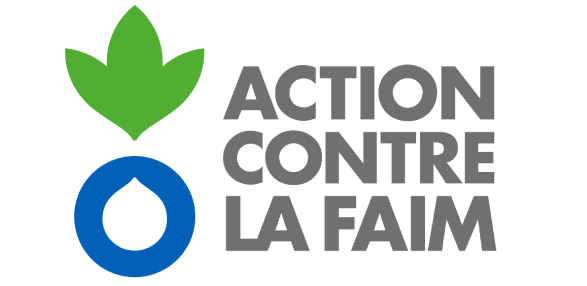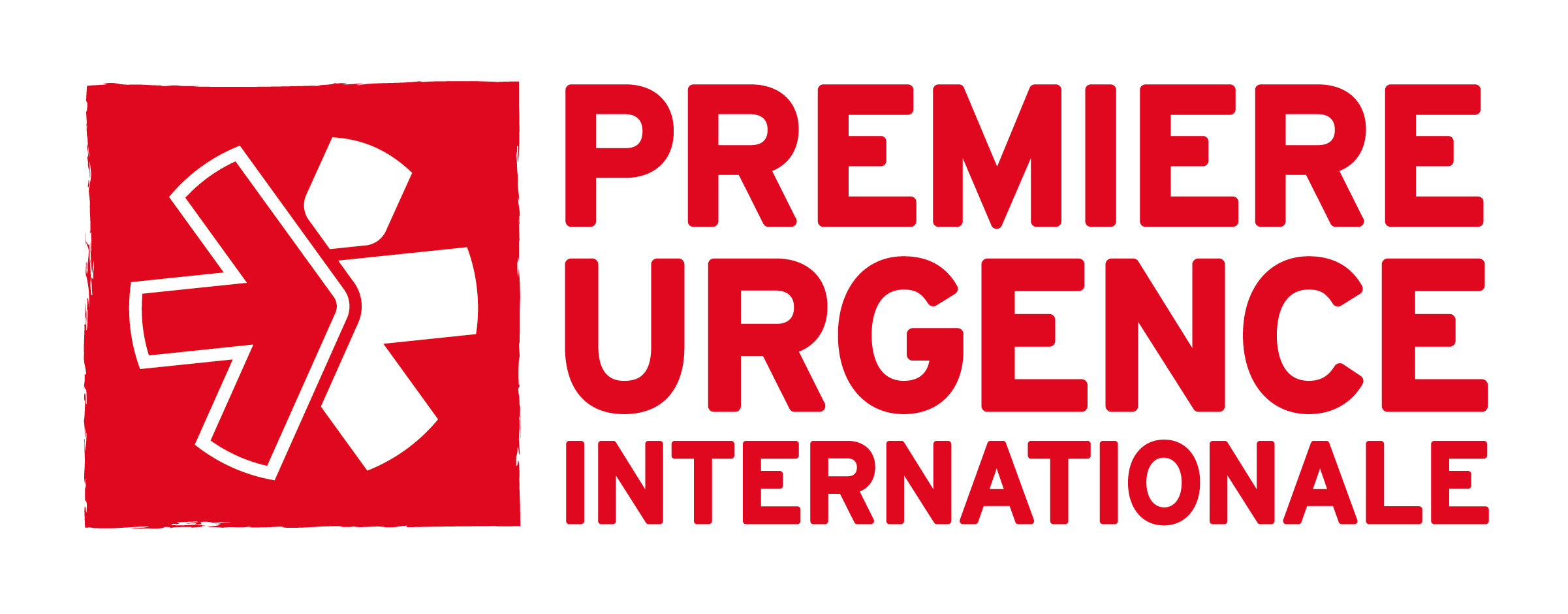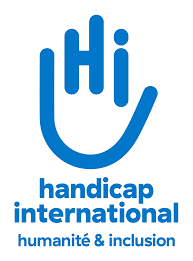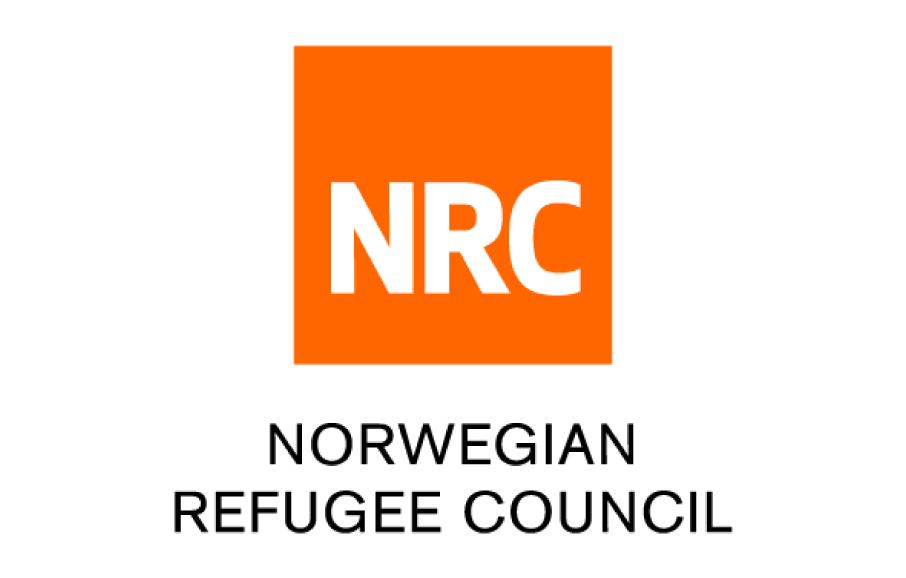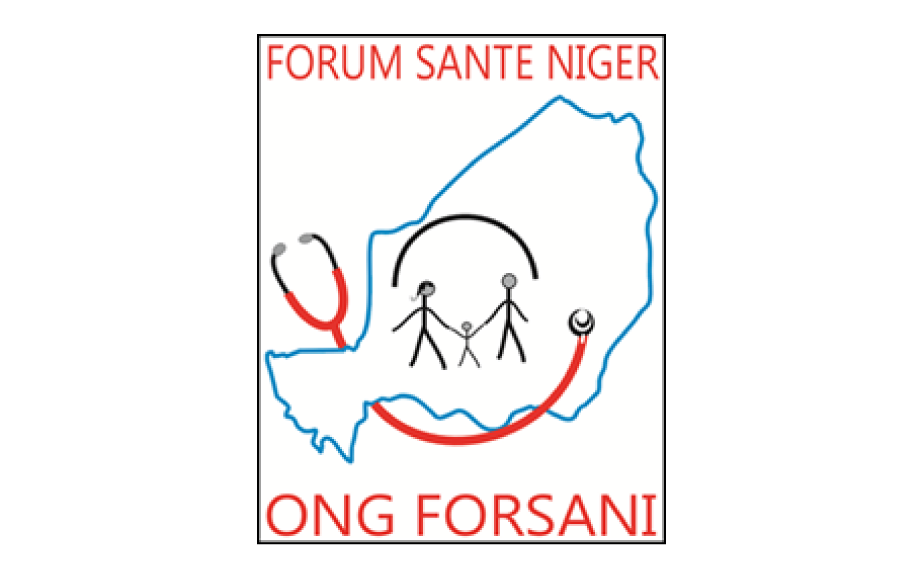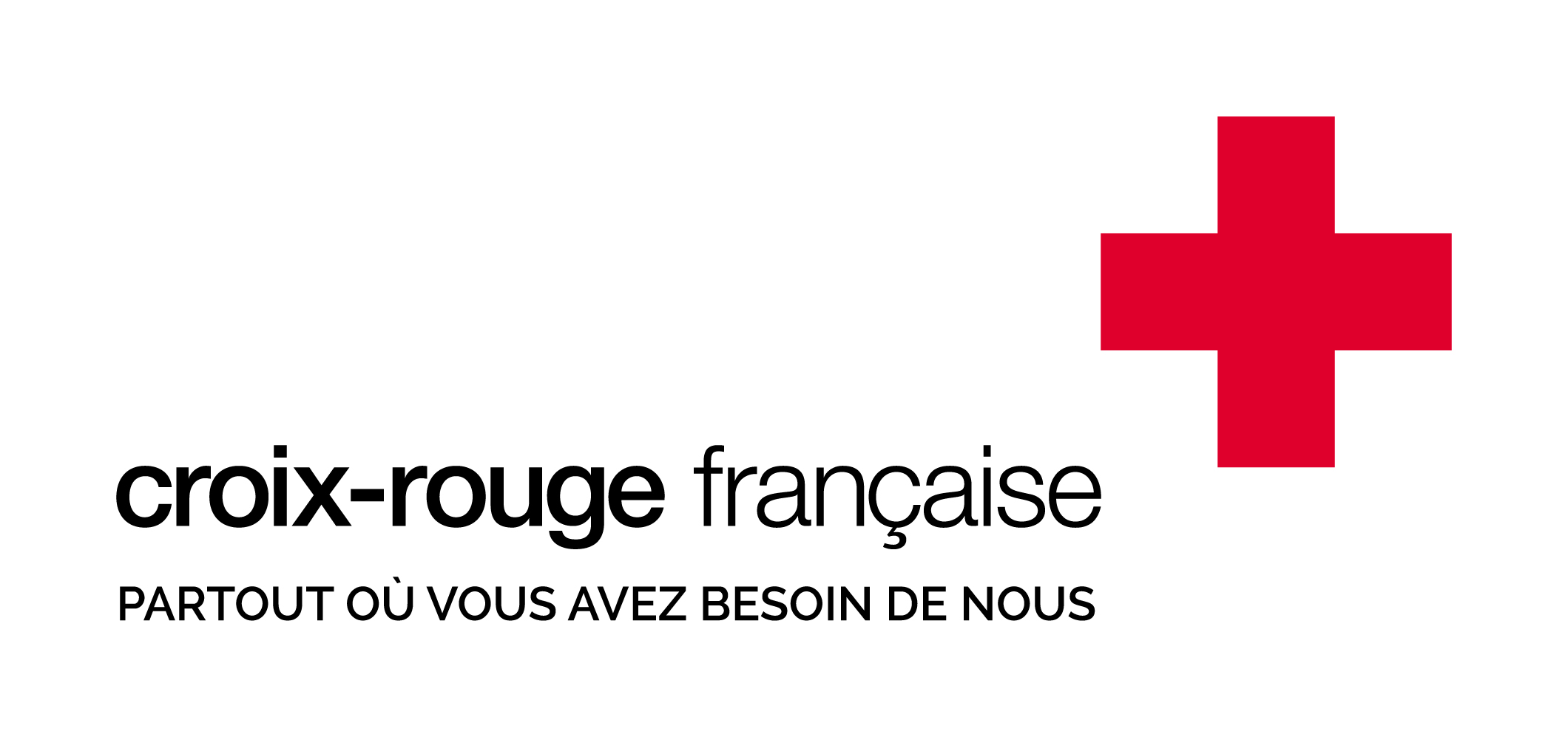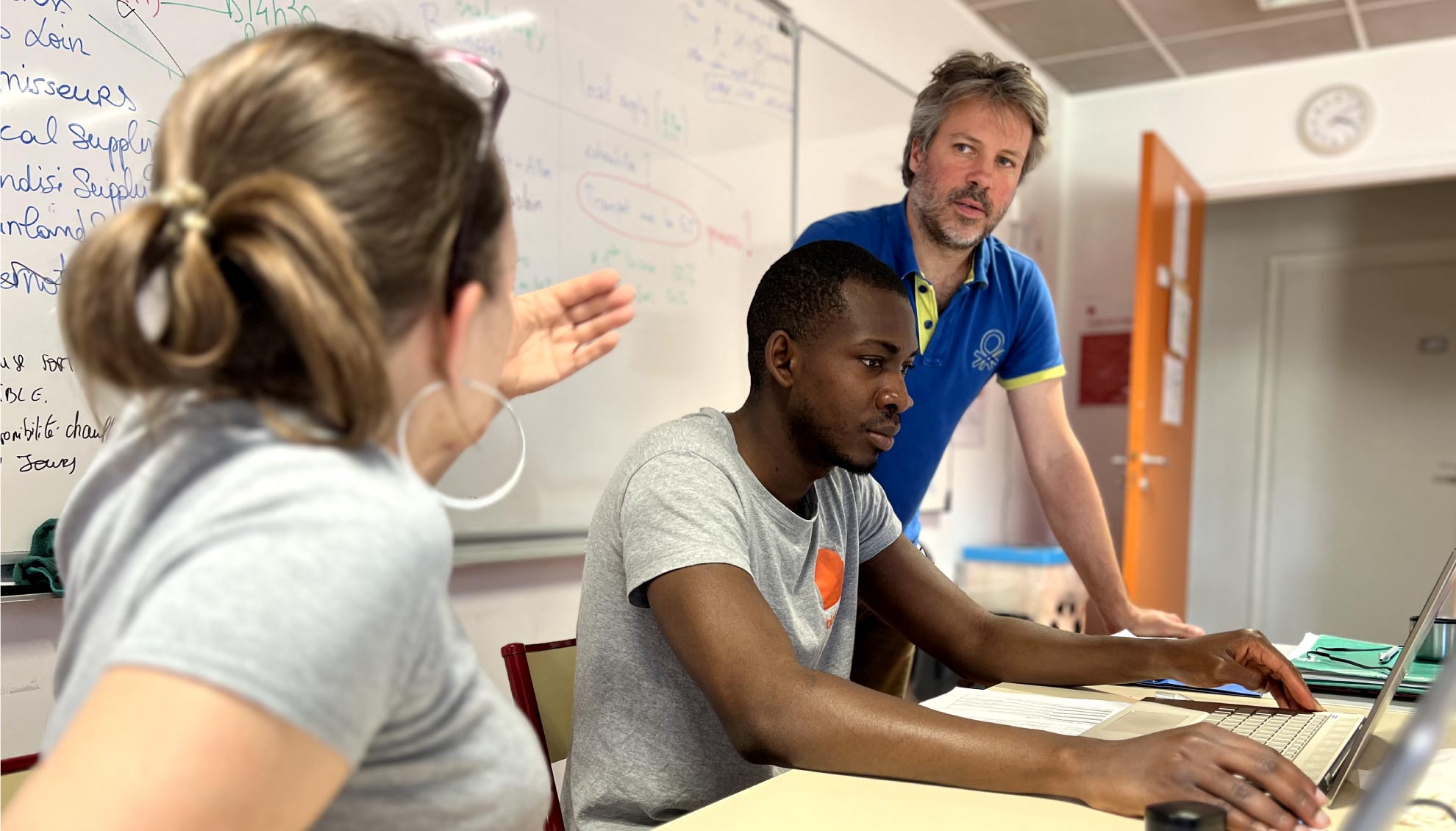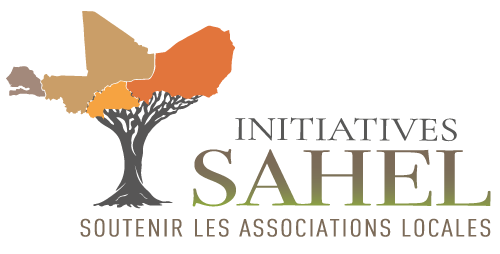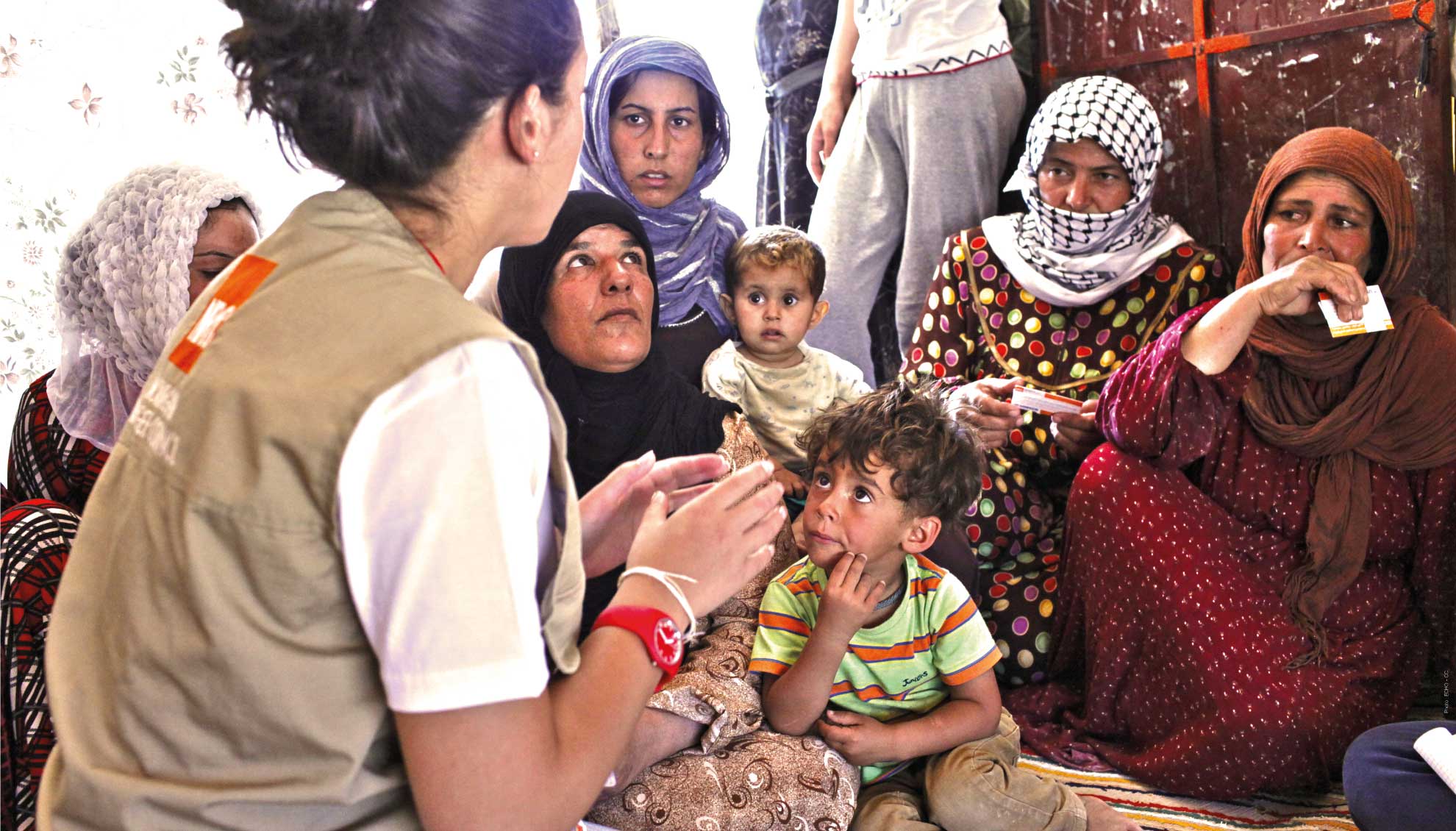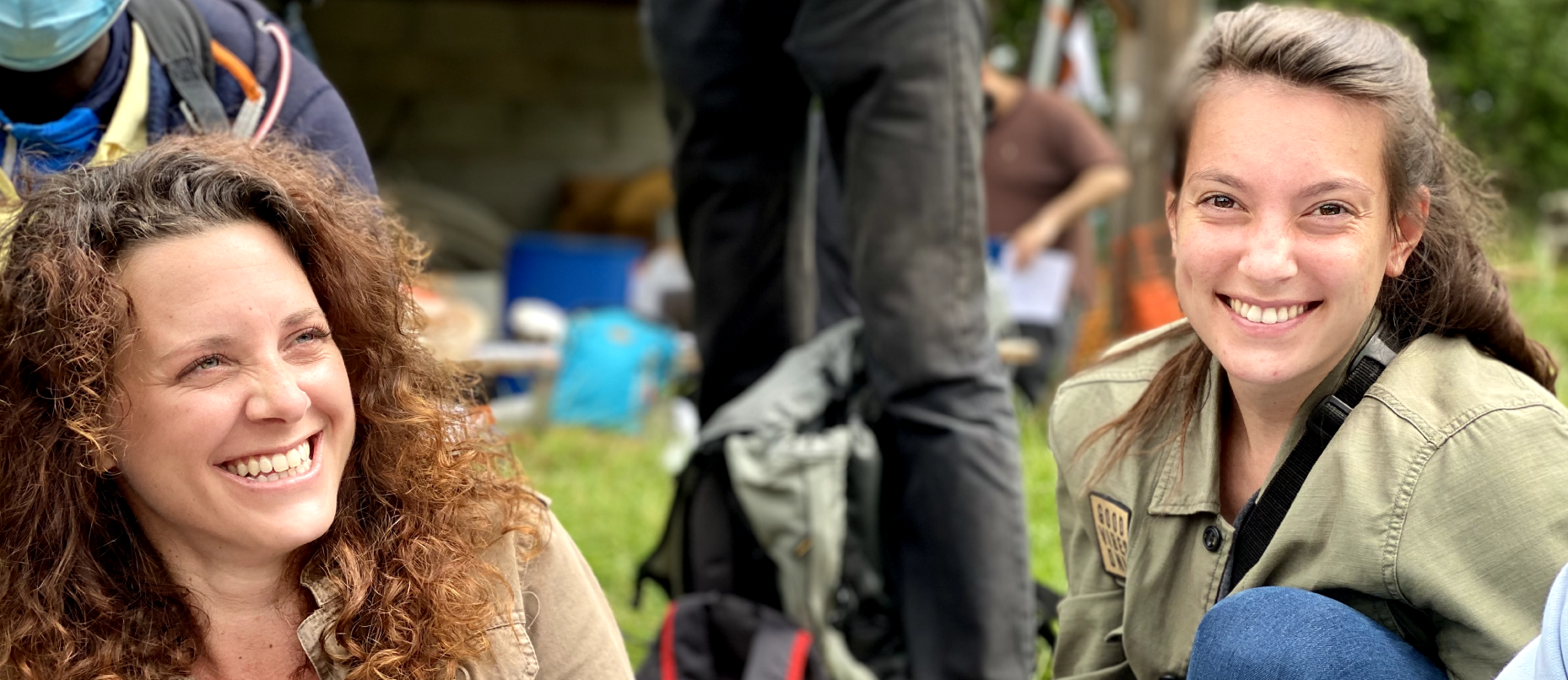
In 2021, we trained 2103 humanitarian actors of today and tomorrow!
Whether humanitarian workers of today or tomorrow, humanitarian workers who cross borders or those who take action in their country within their community: in 2021, in our regional training centres for Europe and Africa, and in the field, we trained 2103 people in humanitarian professions and skills.
Diploma courses: 693 people trained
Our diploma courses, taught in our training centres, provide students with all the knowledge, expertise and inter-personal skills they require to work as professional humanitarians and/or take on greater responsibilities. In that is precisely what 693 men and women came for! Among them, 43% are women and 41% are from Africa, aged 35 on average. They have trained with us in 9 humanitarian professions:
4 Support role professions: 409 people trained in 2021 (+5%)
- Logistician
- Humanitarian Logistics and Facility Management
- Logistics Manager
- Human Resources and Finance Manager
2 Project and programme coordination professions: 196 people trained in 2021 (+13%)
- Project Coordinator
- Humanitarian Programme Manager
3 Technical coordination professions: 88 people trained in 2021 (+300%)
- Water, Sanitation and Hygiene Projects Manager
- Child Protection in Emergencies Projects Manager
- Nutrition Projects manager
Since 2020, it has been possible to take our courses ‘at your own pace’, over several years, by validating each of the different training modules (see next page). It is thereby easier to access courses and certification, especially for those who work. In 2021, 74 trainees opted for this scheme (up 106% from 2020).
Diploma courses in EnglishOpen courses: 1410 people trained
Our open courses, in other words our range of continual professional development – enable participants to develop the key skills required to deliver high-quality professional practice in the humanitarian sector, now or in the future. HPass digital badges, recognised by the humanitarian community, are awarded for each course and serve to validate acquisition of the appropriate skills. Year-round, in our training centres in Europe and Africa, in the countries where we operate, and via our e-learning platform, we offer training in key humanitarian competencies.
In 2021, the continued measures in place to reduce travel, due to the global health context, in addition to the trend towards greater interest in online learning, explain the positive response to our remote learning range (14% increase in participants).
As for roll-out in the field, our strategy continues to prove its worth, with 56 sessions delivered (compared to 25 in 2020) and 933 people trained (up 109%) in DRC, Niger, Mali, Burkina Faso, Chad, Cameroon, Lebanon, Iraq and Jordan.
While in Europe it is mainly people looking to get into humanitarian work who come to discover the basic skills required for a career in this field, in Africa and the Middle East the vast majority of participants already work for national or international organisations (89%). They come to our sessions in order to develop tools and gain recognition for their careers in the humanitarian sector.
Open courses in EnglishThey are hosting our open courses in the field
